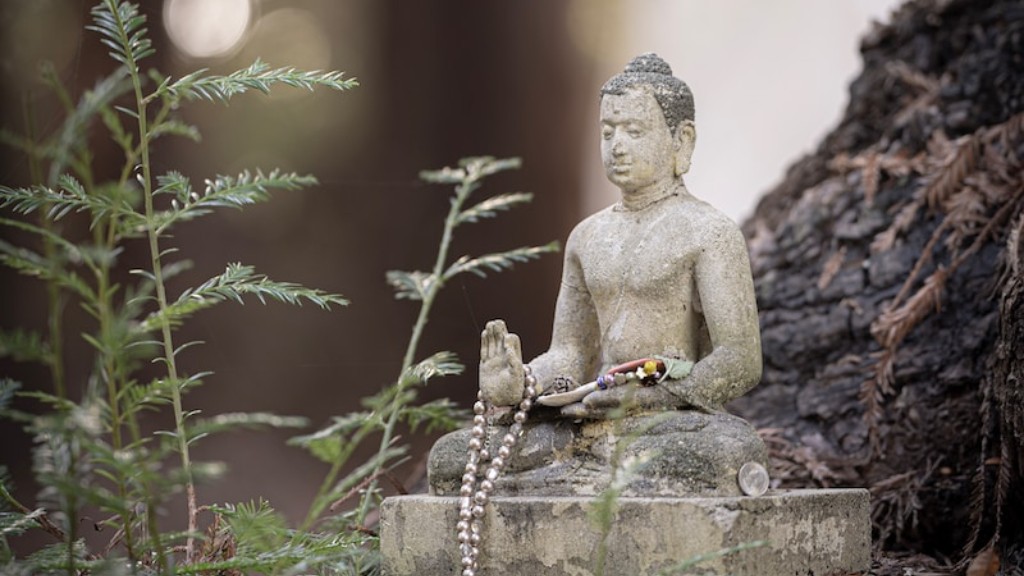What is Hinduism?
Hinduism is one of the world’s oldest religions, with roots stretching back some 4,000 years to the ancient civilisations of India. At the core of the Hindu tradition is the belief in one ultimate reality, or Brahman, and the interconnectedness of all life. Different aspects of the divine are expressed through numerous gods and goddesses and myriad traditions. Hinduism’s influence encompasses religious, cultural and literary forms and practices throughout much of India.
How Many Gods Does Hinduism Believe In?
Hinduism is a highly complex and varied religious tradition that has no single founder and does not claim a single creed. The answer to how many gods does Hinduism believe in is ever-evolving, but there are five broad categories which define the central aspects of Hindu deity worship. These five categories are Shiva, Vishnu, Devi (the Mother Goddess), Ganesha and Surya.
Shiva is the Lord of destruction and regeneration. He is the god of yoga and meditation and is also known as the Destroyer of illusions. Vishnu is the preserver, sustainer and protector of the universe. He is usually depicted as four-armed and is usually found in temples along with his consort Lakshmi. Devi, or the Mother Goddess, is the source of all creation and is sometimes regarded as the female aspect of the divine. Ganesha is the remover of obstacles and is often considered the patron saint of business. Surya is the god of the sun and is associated with good luck, prosperity, and health.
In addition to these five primary deities, Hinduism embraces numerous other gods and goddesses that may be of local importance or serve as deities for specific rituals and festivals. Furthermore, many Hindus identify with particular deities who are believed to have manifested in various ways across the ages.
Vedic Gods
HInduism is often linked to its ancient faith, the Vedic religion. Other gods featured in Vedic literature included Indra, Vayu, Agni and Soma. Indra was the chief god and the king of the gods, and was largely responsible for the protection of mankind. Vayu was the god of Wind and considered the father of the gods. Agni was the god of Fire and the divine messenger. Soma was the god of the Moon and protector of the gods.
Vedic gods were known to be quite temperamental and often meted harsh punishments for even minor infractions. Despite these reputations, many of these gods also had one or more consorts, some of whom were also powerful deities in their own right.
Sectarian Devotion
Many Hindu sects have developed their own conceptions of deity, including the Shaivism, Vaishnavism, Shaktism and Smartism which are the four major streams of Hinduism. Each of these schools of thought focuses on particular aspects of divine worship, with Shaivism centring on Trinities while Vaishnavism looks to Vishnu, Shaktism worshipping Shakti (the feminine divine energy), and Smartism each focused on different manifestations of the divine.
The practice of sectarian devotion became quite popular in the medieval period and remains popular today. Different Hindu sects will worship different deities, and in some cases devotees will meditate on a specific aspect of the divine, such as Lord Krishna.
Vishnu and Shiva
Though there are many gods worshipped in Hinduism, two of the most significant remain Vishnu and Shiva. Vishnu is associated with creation and preservation, while Shiva is associated with destruction and regeneration. Among all the Hindu gods, however, both of these deities stand at the center of attention for many followers of Hinduism.
Vishnu often takes avatar forms, taking on the attributes of a human form to help mankind, while Shiva is often associated with death and the forces of transformation, destruction and renewal. Both deities are seen as manifestions of Brahman, the Supreme Reality of Hinduism.
Puranas and Itihasas
The Hindu epics, the Puranas and Itihasas, form the majority of Hindu scripture. They are both tales of divine deeds, as well as spiritual instruction, and they bring to life the many characters, actions and spiritual lessons that form the foundations of Hindu mythology. Within these epics, many characters are gods and goddesses who embody good and evil and embody qualities that Hindus strive for, such as purity of heart and compassion for fellow humans.
The Puranas and Itihasas also feature stories about the interplay between different aspects of the divine, such as Vishnu and Shiva, and the importance of revered figures such as Rama and Krishna. Through these tales, Hindus can gain an appreciation for the complexity of the relationship between gods and humans.
Personal Reflection
While there is no single answer to the question of how many gods does Hinduism believe in, it is clear that Hinduism embraces a complex network of deities, many of whom are venerated in different forms around the world. Through the epics and texts, Hindus are able to connect with and explore the various aspects of the divine. By acknowledging these different aspects of the divine and paying homage to the gods and goddesses within Hinduism, Hindus can explore their relationship with the divine and gain a greater understanding of their place in the world.


